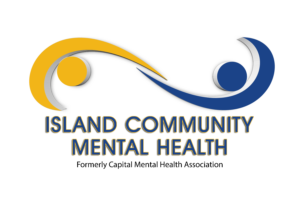Drinking Or Drugging? 10 Reasons To Tell Your Therapist The Truth
 By Richard Zwolinski, LMHC, CASAC & C.R. Zwolinski
By Richard Zwolinski, LMHC, CASAC & C.R. Zwolinski If you’re seeing a psychologist or counselor for a mental illness, the chances are fairly good that you also drink or take drugs that are not prescribed for you (or abuse drugs that are prescribed for you).
The chances are also fairly good that your therapist has no idea that you are using alcohol or drugs. Many therapists in private practice do not take complete drug and alcohol histories when doing the initial or subsequent evaluations. If you ain’t volunteering the information, they won’t know.
In a mental health program, such as an outpatient clinic, therapists are more likely to ask about your present and past drug and alcohol use, but they don’t usually follow up with drug and alcohol tests, so if you don’t feel like sharing the information, they, too, won’t know the truth.
I’m taking advantage of the APA Blog Party to share this important message: If you are in therapy, and you drink or do drugs (whether or not you are also prescribed medication) please let your therapist know. Here’s why:
1) If you use alcohol and drugs they can interact with medication. They can potentiate (make stronger) or reduce the potency of your medication. This means your medication isn’t able to work as well as it should. Alcohol and drugs can alone, or in combination with your medication, can also cause unpleasant emotional and physical reactions. There is even the danger of serious mental and physical reactions, even hospitalization or permanent health problems.
2) If you are obtaining drugs illicitly, you may put yourself at risk of harm by dealing with unsavory people and environments. Your therapist needs to know that you are acting responsibly and keeping yourself safe.
To read more, click here.





